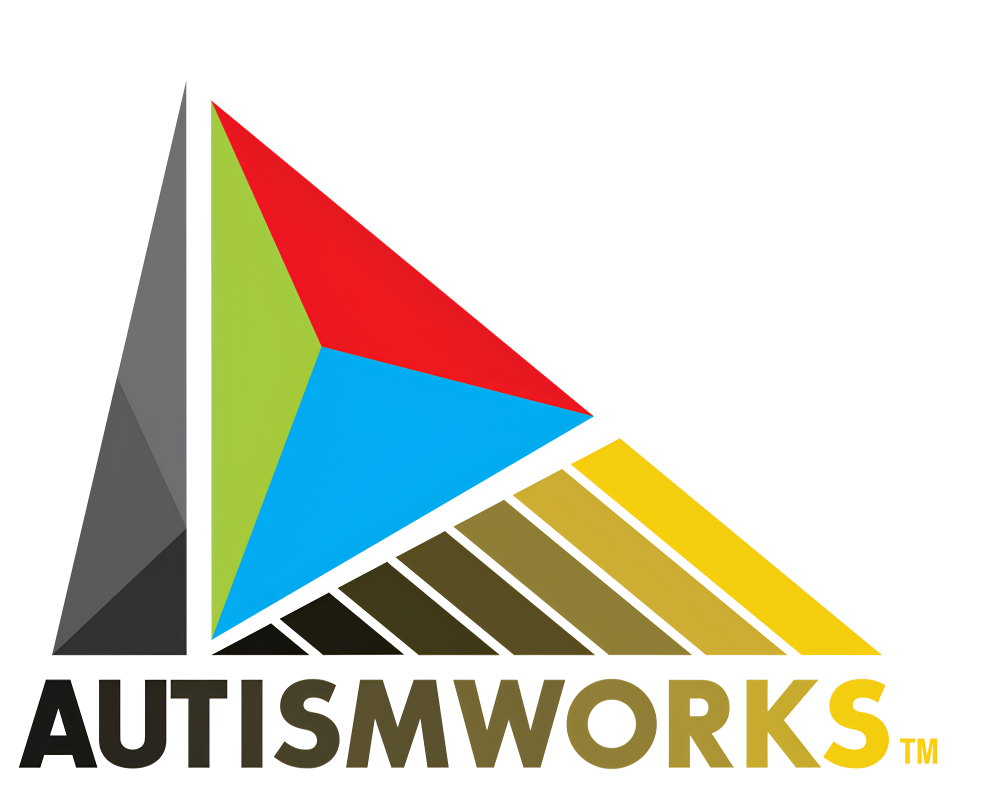Navigating the Shift: Transitioning to Adulthood with Autism
Nov 08, 2024
Transitioning to adulthood is a significant milestone for all young people, including those with autism. This period brings forth challenges and opportunities, from pursuing higher education and entering the workforce to living independently and managing personal relationships. For individuals with autism, these transitions require careful planning and support to ensure success and well-being. This blog post aims to guide families and individuals through the process of transitioning to adulthood with autism, providing practical strategies and insights to ease this critical phase.
Educational Transitions
As young adults with autism move from high school to higher education or vocational training, they face unique challenges. Key strategies include exploring educational settings that offer supportive services, using disability resources offered by institutions, and considering programs specifically designed for students with autism. Preparing for this transition through summer programs or campus visits can also ease anxiety and improve readiness.
Employment Readiness
Entering the workforce is another major step. Employment not only provides financial independence but also boosts self-esteem and fosters social connections. Families and professionals can aid by helping young adults identify their strengths and interests, which can guide career choices. Job training programs and internships tailored for individuals with autism can provide practical experience and build confidence. Employers are increasingly recognizing the value of neurodiversity, offering more opportunities that capitalize on the unique skills and perspectives of individuals with autism.
Living Independently
Living independently involves managing personal care, finances, household duties, and more. Teaching practical life skills like cooking, budgeting, and public transportation usage from an early age can significantly help. For some, independent living may require support from family, assisted living arrangements, or residential communities designed for individuals with special needs. It's important to explore various living arrangements to find the most supportive and comfortable environment.
Social Relationships and Community Engagement
Developing and maintaining personal relationships can be challenging but rewarding for young adults with autism. Social skills training and therapy can provide tools for better interaction. Participating in community activities, clubs, or groups centered around hobbies or interests can also offer social opportunities in a structured and supportive environment. Additionally, online communities and forums can provide social outlets and peer support without the sensory overload of face-to-face interactions.
Transitioning to adulthood with autism, though fraught with challenges, is filled with possibilities for growth, achievement, and personal fulfillment. By planning early, leveraging available resources, and building a support network, individuals with autism can navigate this transition successfully. Encouragement from family, friends, and professionals can make a significant difference. Every milestone reached is a testament to the resilience and potential of young adults with autism as they forge their paths into adulthood.
Stay connected with news and updates!
Join our mailing list to receive the latest news and updates from our team.
Don't worry, your information will not be shared.
We hate SPAM. We will never sell your information, for any reason.


